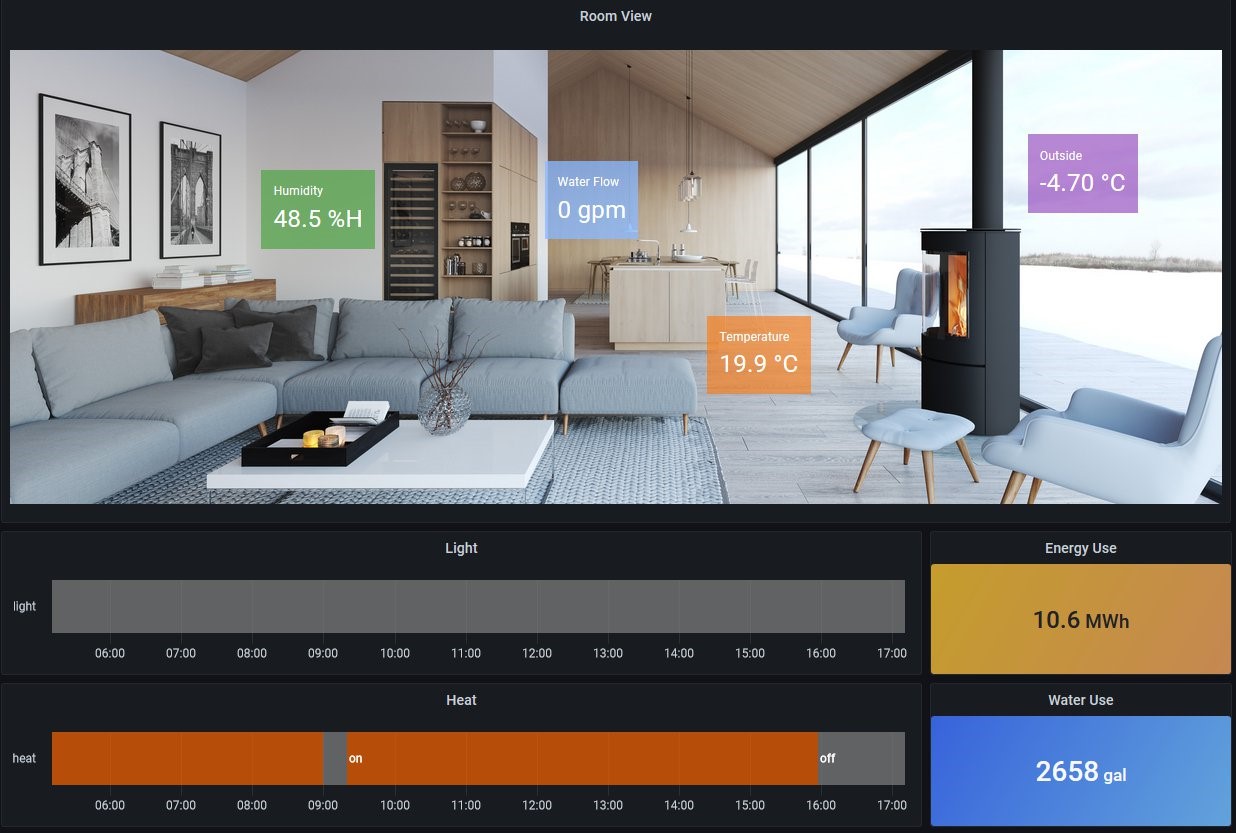AWS Architecture Blog
Category: Amazon CloudWatch
Using Amazon Aurora Global Database for Low Latency without Application Changes
Deploying global applications has many challenges, especially when accessing a database to build custom pages for end users. One example is an application using AWS Lambda@Edge. Two main challenges include performance and availability. This blog explains how you can optimally deploy a global application with fast response times and without application changes. The Amazon Aurora […]
Building a Cloud-Native File Transfer Platform Using AWS Transfer Family Workflows
October 2023: SFTP connectors have been released; therefore, Scenario 2, Step D has been updated. File-based transfers are one of the most prevalent mechanisms for organizations to exchange data over various interfaces with their partners and consumers. There are specialized third-party managed file transfer (MFT) products available in the market that provide rich workflows for […]
Modernized Database Queuing using Amazon SQS and AWS Services
This blog post was last reviewed/updated August, 2022. The updated version shown below is based on working backwards from a customer need to ensure data consistency post migration, to a modernized microservice architecture. A queuing system is composed of producers and consumers. A producer enqueues messages (writes messages to a database) and a consumer dequeues […]
Field Notes: Monitor IBM Db2 for Errors Using Amazon CloudWatch and Send Notifications Using Amazon SNS
Monitoring a is crucial function to be able to detect any unanticipated or unknown access to your data in an IBM Db2 database running on AWS. You also need to monitor any specific errors which might have an impact on the system stability and get notified immediately in case such an event occurs. Depending on […]
Offloading SQL for Amazon RDS using the Heimdall Proxy
Getting the maximum scale from your database often requires fine-tuning the application. This can increase time and incur cost – effort that could be used towards other strategic initiatives. The Heimdall Proxy was designed to intelligently manage SQL connections to help you get the most out of your database. In this blog post, we demonstrate […]
Build Your Own Game Day to Support Operational Resilience
Operational resilience is your firm’s ability to provide continuous service through people, processes, and technology that are aware of and adaptive to constant change. Downtime of your mission-critical applications can not only damage your reputation, but can also make you liable to multi-million-dollar financial fines. One way to test operational resilience is to simulate life-like […]
Optimizing your AWS Infrastructure for Sustainability, Part II: Storage
In Part I of this series, we introduced you to strategies to optimize the compute layer of your AWS architecture for sustainability. We provided you with success criteria, metrics, and architectural patterns to help you improve resource and energy efficiency of your AWS workloads. This blog post focuses on the storage layer of your AWS infrastructure and provides […]
Optimizing your AWS Infrastructure for Sustainability, Part I: Compute
As organizations align their business with sustainable practices, it is important to review every functional area. If you’re building, deploying, and maintaining an IT stack, improving its environmental impact requires informed decision making. This three-part blog series provides strategies to optimize your AWS architecture within compute, storage, and networking. In Part I, we provide success criteria […]
Automating Your Home with Grafana and Siemens Controllers
Imagine that you have access to a digital twin of your house that allows you to remotely monitor and control different devices inside your home. Forgot to turn off the heater or air conditioning? Didn’t close water faucets? Wondering how long your kids have been watching TV? Wouldn’t it be nice to have all the […]
Benefits of Modernizing On-premises Analytics with an AWS Lake House
Organizational analytics systems have shifted from running in the background of IT systems to being critical to an organization’s health. Analytics systems help businesses make better decisions, but they tend to be complex and are often not agile enough to scale quickly. To help with this, customers upgrade their traditional on-premises online analytic processing (OLAP) […]









